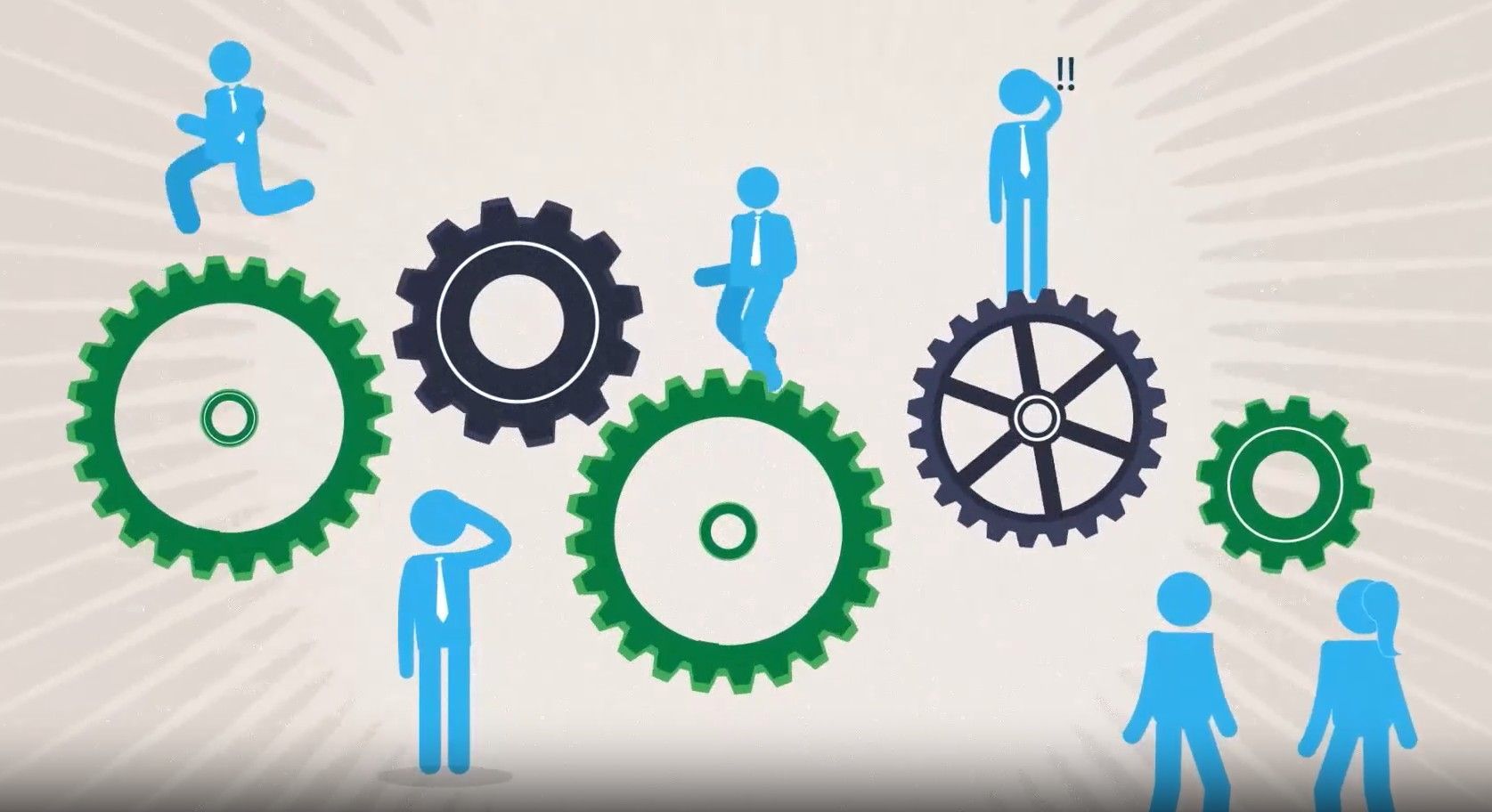Can Professionals Learn to Sell?
August 14, 2025
The short answer is “Yes!” Selling is not magic. It’s a process that can be taught—and learned.
One of our large, global law firm clients has been tracking the results of our small-group consultative sales training of their attorneys. We’ve trained about 50 attorneys in eight cities. The study is controlled for gender and experience.
For the first full year, the gap in billings for lawyers trained in our approach, called FOCIS®, and for comparable attorneys firm-wide not trained in FOCIS® was 12 percent.
For originating new work with new clients the gap was even higher—20 percent. The firm attributes these significant differences directly to our consultative sales training. We’ve enjoyed similar success with other professionals, too—accountants, architects, engineers, consultants.
The understandable business development challenge all professionals face, not just attorneys, is that they’ve worked hard to earn their professional credentials to practice their profession —not to sell: “I didn’t get a CPA to become a salesperson!” Yet in professional services firms, as in any company, the ability to bring in business is critical to being able to practice a profession. And it’s especially true as you move up the ladder.
Key Point #1: We train professionals in consultative selling , not marketing, and there is a difference. Marketing is important because it increases credibility and visibility, but it rarely brings in revenue directly. For our client professional firms, building better consultative selling skills (also known as “business development” skills) and a customized sales process enhances their marketing efforts. In other words, it improves the ROI on their marketing.
Key Point #2: Both selling and marketing are necessary for a complete business development process. Many firms have taken the first step by investing in marketing, but few have completed the process by investing in consultative sales training. But those that have are building a powerful competitive advantage. Effective for individual professionals and firms of any size, FOCIS® teaches the behaviors of the very best business developers—the 20 percent who consistently bring in 80 percent of the business.
Professionals can indeed learn to sell–and to do it well. What are your firm’s growth and business development goals? What’s getting in the way? Please call or e-mail me directly so we can talk.
Scott Pemberton is a senior consultant at Productive Strategies, Inc., a marketing and management consulting firm specializing in consultative sales training, lead generation and appointment setting, and marketing and marketing communications. Scott can be reached at 312-560-0992 and at spemberton@productivestrategies.com .
The post Can Professionals Learn to Sell? appeared first on Productive Strategies, Inc..










